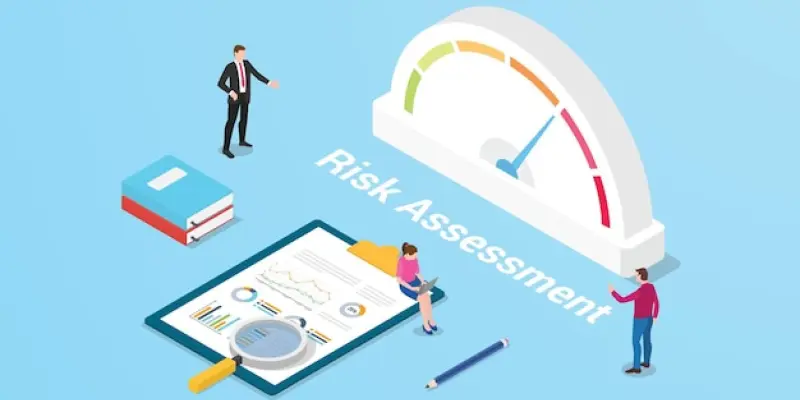Recent surveys reveal a stark gap in awareness among employers regarding legal duties on stress risk assessments, a crucial requirement under Health and Safety Executive (HSE) guidelines. Alarmingly, 41% of surveyed senior HR professionals were unaware of their legal obligation. This lack of awareness goes beyond understanding; it contributes to the neglect of necessary measures to safeguard employee wellness. Various organizations, including prominent institutions such as the University of Birmingham, appear to overlook critical stress management protocols, potentially jeopardizing the mental and physical health of their employees. Such negligence not only flouts regulatory requirements but also raises ethical concerns regarding the well-being of the workforce.
Employer Apprehension and Compliance
The survey highlights that a concerning segment of employers has either evaded conducting stress risk assessments or remained inactive in updating them. A quarter of the surveyed employers admitted to never performing these assessments. Furthermore, 29% have not executed a risk assessment in the past three years, leaving their organizations vulnerable to unrecognized stress-related issues. Intriguingly, there exists a pervasive anxiety about conducting such assessments, with over half of the respondents expressing unease. This apprehension may stem from misconceptions about the complexity of the process or simply from a lack of initiative. Despite these hurdles, industry experts like Steve Herbert from Occupational Health Assessment iterate that while these processes require diligence, they are not as daunting as perceived. It’s crucial for businesses to move beyond hesitation and embrace these evaluations to foster healthier work environments.
The Imperative of Adherence to HSE Guidelines
Comprehending and applying HSE stress risk assessments is crucial in maintaining a supportive and efficient workplace. These assessments aim to pinpoint potential stressors, allowing employers to implement proactive strategies to reduce risks. Unfortunately, survey results reveal a troubling gap between employers’ responsibilities and their actions. Ignoring these assessments undermines employee health and exposes organizations to legal challenges. It’s essential to cultivate a culture of compliance where conducting stress risk assessments is ingrained in company policy. Employers must boost their training and awareness efforts, understanding the significance and procedure of these evaluations to protect their workforce and meet national standards. Recent research has shown a significant disconnect in employers’ understanding and execution of stress risk evaluations, highlighting the legal and wellness risks. Bringing attention to this issue is crucial for encouraging organizations to review current practices, address gaps, and ensure ethical commitments.

